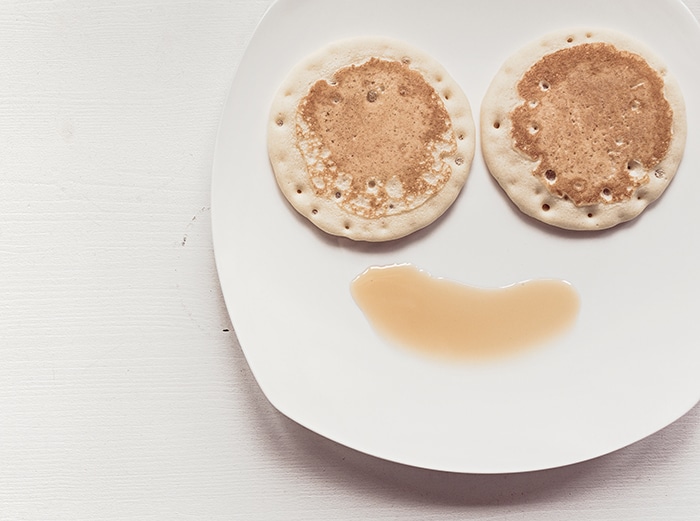Are some languages more optimistic than others? Did you know that Hispanics are more likely to use positive language?
Are languages positive or negative? Which is the happiest language? Does the connotation of words change with the language? A recent study answers these questions. Should I take Chinese or Spanish classes? Choose the happier of the two…
Do Languages Have a Positive or Negative Connotation?
This subject has been under study since 1969, when psychologists at the University of Illinois tried to determine, for the first time, the positivity or negativity of a language. According to the results, the speakers of all languages tend to give words positive connotations. But as the test sample was considered too limited, this result was taken as no more than a mere hypothesis. However, this hypothesis was given a name, the Pollyanna Hypothesis, taken from a novel by Eleanor Porter, whose protagonist is a girl who always tries to see the positive side of things.
The Pollyanna Hypothesis Has Been Confirmed: Languages Are Positive
This year, a new study was conducted at the University of Vermont. Peter Dodds, from the Computational Story Lab program, presented the preliminary results of the study which examined 24 languages worldwide. Researchers collected 100,000 words from each language to try to determine the percentages of positive and negative words. Thanks to this new study, they were able to confirm the original hypothesis that the words of our languages by-and-large reflect a universal trend for optimism.
Which Is the Happiest Language?
For these researchers, however, the results were not enough and they wanted to investigate some more. So they studied the ten most spoken languages in the world: English, Spanish, French, German, Portuguese, Korean, Mandarin, Russian, Arabic and Indonesian and selected the 10,000 most commonly used words from them. This time, it was not the research team which evaluated the words but 50 native speakers of each language. Their job was to classify each word on a scale of 1 to 10 depending on their “happy” connotations. Yes, you’ve got that right: this meant five million assessments. The result? There are three languages which are clearly happier than the other seven: Spanish, Brazilian Portuguese and English, in that order. Ranked last on this list was Mandarin, which, although it is usually considered to be a happy language, is the least happy of the ten languages studied. So, if you are hesitating between taking an English course, or studying Portuguese or Mandarin, this new approach may help you make a decision…
Do Words Change Connotation Depending on The Language?
If we focus on specific words and their connotations in different languages, there is every reason to be surprised:
- the word “gift” achieved a score of 7.72 in English and only 3.54 German;
- the word “empty” was awarded 3.36 points in Spanish, but scored 7.3 in German;
- the most unfortunate word in French, according to this study, is the word “suicide”; in Spanish, “death”; in English, “murder”; in Chinese, “AIDS”; and in Arabic, “cancer”;
- on the contrary, the happiest word in French is, as it is in English, “happiness”; in Russian, it is “happy”, while in Arabic it’s “paradise”.
Discover our translation agency.



